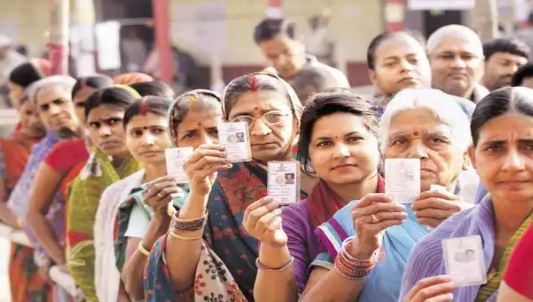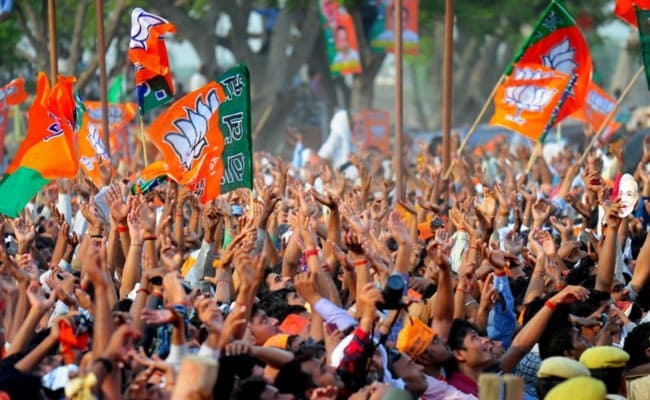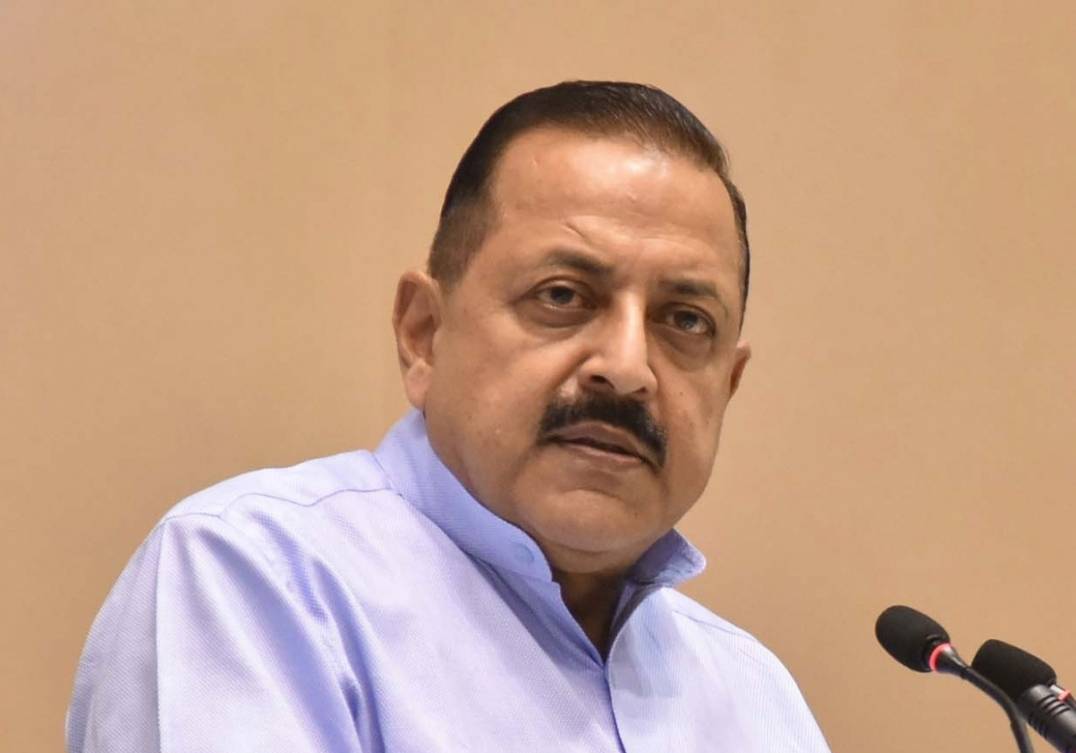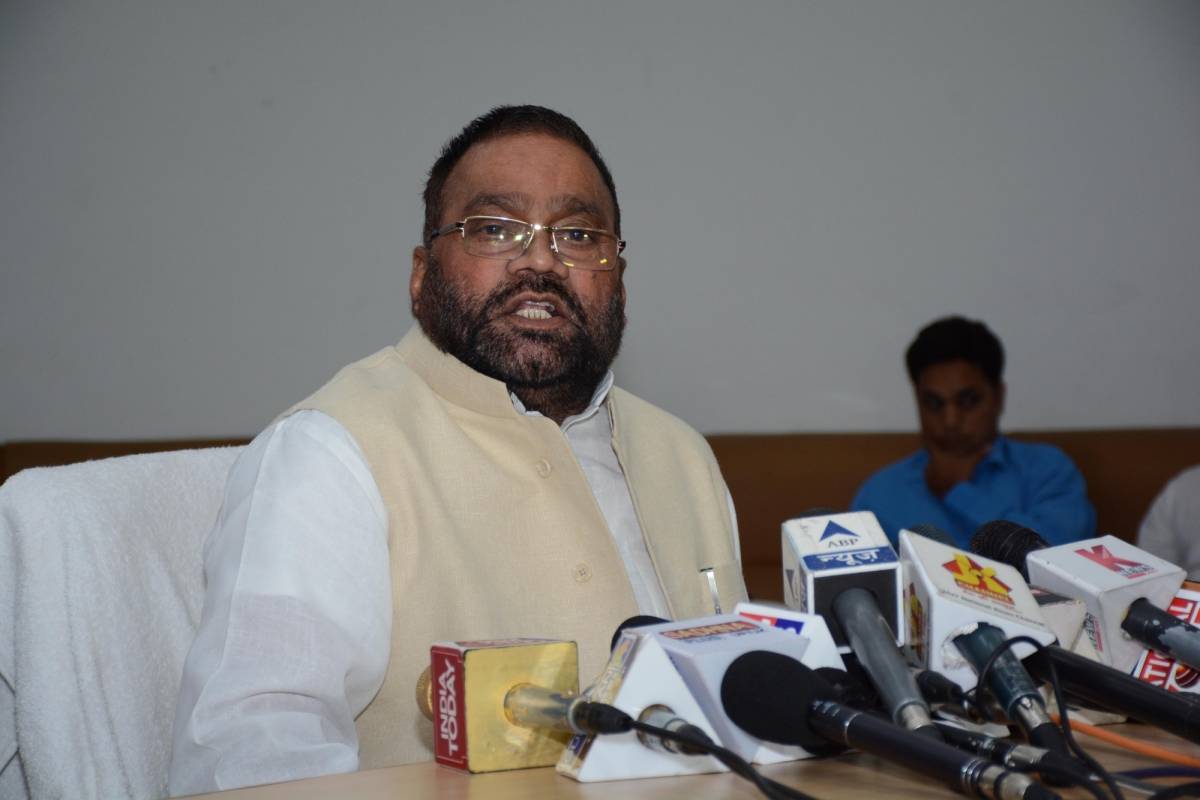The BJP changed the game by focussing on Kurmis — the next largest group within the OBCs…reports Asian Lite News
With 200-odd groups, the OBC are emerging as an important factor in Uttar Pradesh in the upcoming Lok Sabha elections.
Despite the BJP making inroads among OBC voters and its non-dominant castes, the OBCs remain the core support base of many regional parties.
The OBCs in Uttar Pradesh are estimated to be over 50 per cent of the state’s population, according to data from the Hukum Singh committee set up in 2001.
Yadavs are the largest OBC caste with a 19.40 per cent share. They are the most powerful constituent of the OBC group and had, till now, played a dominant role in shaping politics in Uttar Pradesh but after 2014, other groups started emerging on the political horizon.
The BJP changed the game by focussing on Kurmis — the next largest group within the OBCs.
Apna Dal (S), a Kurmi-centric party, joined the NDA in 2014 and has been an important and loyal BJP ally ever since.
It is important to note that amongst the OBCs, the non-dominant OBCs combined are numerically larger compared to the combined total of various castes amongst the dominant OBCs.
This has resulted in BJP focusing more on mobilising the non-dominant OBC castes compared to the dominant OBCs, who anyway are the core supporters of different regional parties in different states.
The Rajbhars and the riverine communities are part of this and the BJP has Suheldev Bhartiya Samaj Party (SBSP) and Nishad Party representing these two vote banks in UP.
The BJP, according to surveys conducted by Lokniti-CSDS, has been able to make inroads amongst the voters belonging to the OBC castes — more amongst the non-dominant OBC castes compared to the dominant OBC.
“Our presence among OBCs has increased in the past decade and Prime Minister Narendra Modi has made several announcements for supporting those who belong to the non-dominant OBC castes. He launched a scheme with an initial fund of Rs 13,000 crore to Rs 15,000 crore for workers engaged in traditional trade, those who work with tools, use their hands, and are primarily from the OBC section,” said a BJP party functionary.
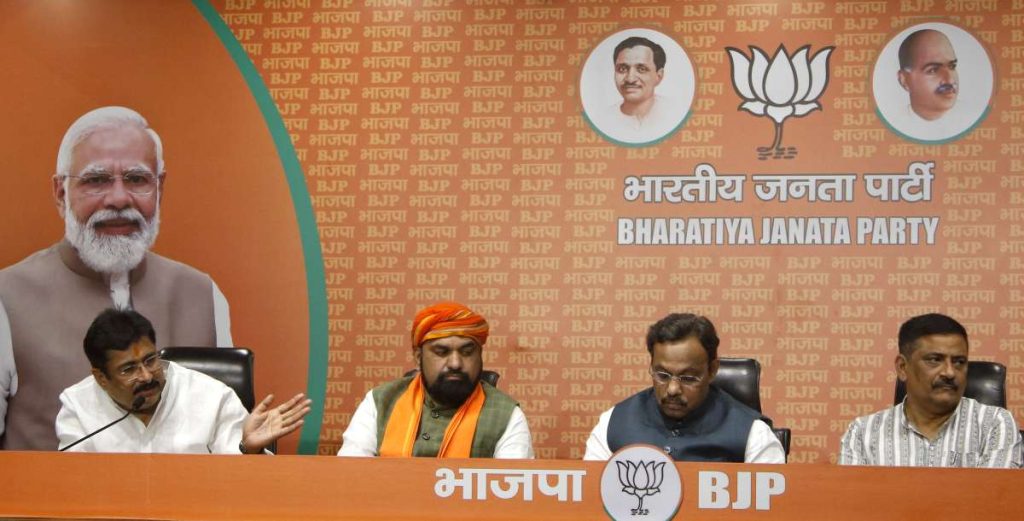
During the 2014 Lok Sabha elections, 30 per cent of dominant OBCs voted for the BJP while amongst the non-dominant OBC voters, it got 43 per cent votes.
The BJP’s support amongst the OBC voters increased further during the 2019 Lok Sabha elections.
Amongst the dominant OBC voters, 40 per cent voted for the BJP while amongst the non-dominant OBCs it got 48 per cent votes.
The BJP mobilised the non-dominant OBC castes voters by building a narrative of them being denied their share in social, economic and political power, which have been cornered by the dominant OBC castes.
The evidence suggests that BJP’s narrative seems to have paid dividends and the BJP now enjoys the support of most of the non-dominant OBC groups.
On the other hand, the Samajwadi Party, which has been banking mainly on the Yadav vote bank, has failed to clobber the support of non-Yadav OBC groups.
“The party has failed to make a conscious effort to woo non-Yadav communities. It has been a major cause of failure for the Samajwadi Party in the last decade. Akhilesh Yadav, despite representing the new generation in politics, has failed to see beyond the Yadavs,” admitted a senior non-Yadav leader in the SP.
He further said that the PDA (Pichhda-Dalit-Alpsankhayak) formula has come rather late in the day and is unlikely to benefit the party in the Lok Sabha elections.
“The problem with the party leadership is that it is unable to strike a balance among major caste groups. PDA was abandoned in the selection of Rajya Sabha candidates and this led to a revolt in the ranks,” the leader added.
The Congress, meanwhile, is also reaching out for OBCs but the party lacks a well-defined strategy on the issue.
The party had appointed Ajay Kumar Lallu, an OBC, as UPCC Chief in 2019 but he failed to rope in OBC voters. He was succeeded by Brijlal Khabri, a Dalit, but he too failed to benefit the party.
The Congress announced its 130-member state committee, giving major representation to OBCs with 44 members.
Over the years, Congress has lost support both amongst the dominant and non-dominant OBC castes.
The Bahujan Samaj Party, meanwhile, has failed to make inroads in the OBC vote bank and most of its OBC leaders in UP have either walked out of the party or have been expelled.
The BSP, besides issuing statements, has not made any visible efforts to reach out to non-dominant OBCs, ahead of the upcoming elections.

